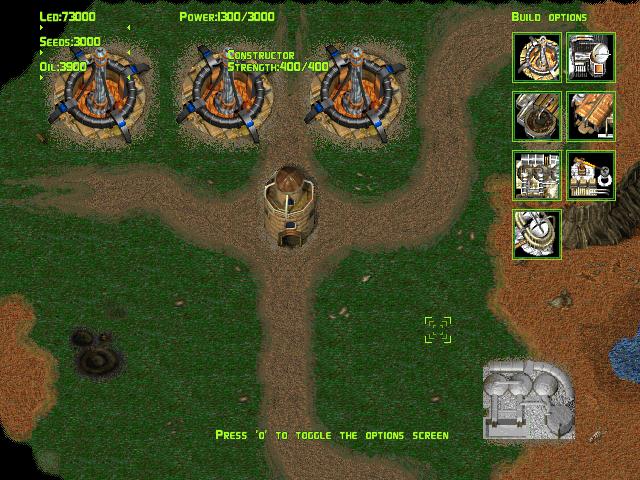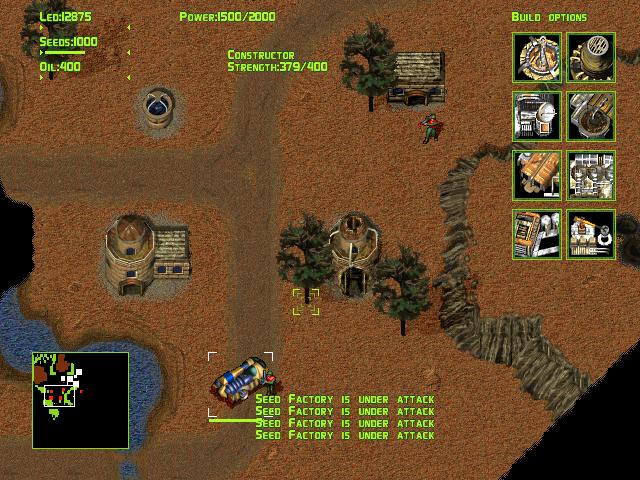
Chinese leader Xi Jinping and other autocrats will happily follow Russia’s example if Putin gets off with little more than a slap on the wrist.

If the United States were to settle for anything less, it would only embolden the Russians to use force to change borders again after they have had time to regroup and rearm. Russia needs to understand that there can be no normalization of relations until it once again upholds-in deed as well as in word-the fundamental principles laid down in the Helsinki Final Act, Paris Charter, and NATO–Russia Founding Act.

US President Joe Biden hit the right notes in his remarks in Kyiv and Warsaw this week. Russia needs to understand that there can be no normalization of relations until it once again upholds-in deed as well as in word-the fundamental principles laid down in the Helsinki Final Act, Paris Charter, and NATO–Russia Founding Act.Īllied leaders will need to explain to their citizens what is at stake, why a ceasefire in current conditions would only help Putin seize victory from the jaws of defeat, and why it is vital to maintain sanctions and supply advanced weapons to the Ukrainians for as long as it takes to defeat Russia and expel Russian forces from Ukrainian lands. In that case, Russia may count on some allies to revive proposals for early negotiations to freeze the conflict with a ceasefire in place, the first step toward a broader “reset” in relations at Ukraine’s expense. As the war grinds on into the spring and summer of 2023, it could devolve into a stalemate. While Russia grossly underestimated Western unity and resolve, Putin may still hope that allied publics and parliaments will grow tired of supporting Ukraine and bearing the burden of sanctions, just as he hopes to break the will of the Ukrainian people by bombing the country’s civilian infrastructure. Don’t let Putin seize victory from the jaws of defeat in Ukraine For NATO and the European Union, resilience against hybrid threats will be as important as bolstering defense and deterrence, and the effort to build such resilience should receive significantly more financial support at the national level and in Brussels. Information warfare, covert action, sabotage, energy blackmail, counter-sanctions, support for pro-Russian separatists, and other hybrid attacks will all remain active parts of the Russian toolkit against its neighbors and the West. Indeed, in non-military domains the conflict is likely to intensify while Russia seeks to rebuild and reconstitute its decimated conventional forces. A winding down of the military conflict is not likely to lead to a reduction in Russia’s efforts to control Ukraine by other means or to dominate its other neighbors, including the Baltic states and other NATO and European Union (EU) members. For Putin’s Russia, Ukraine is Ground Zero in its existential war against the West.
#Liquid war strategy plus
The nature of the Putin regime, its disregard for international law, its brutal suppression of all dissent, its whitewashing of Russian history, plus Putin’s obsession with subjugating his neighbors and reconstituting the Russian empire-all these factors make peaceful coexistence difficult, if not impossible, to conceive in the near and medium term.Įven if developments on the battlefield force Russia to end the war on terms relatively favorable to Kyiv, Putin will not readily abandon his broader revisionist aims. We, the transatlantic community together with other like-minded democracies, face a long-term strategic confrontation with Russia-a hostile adversarial relationship that will have few guardrails, and where even the modest ambition of peaceful coexistence may be out of reach for a long time to come. But that will only be the first step in what will be a long struggle-one that calls for an updated strategy of containment.

As Vladimir Putin’s world-altering war against Ukraine enters its second year, any hope of reviving the post-Cold War European security order depends on defeating Russia in Ukraine.


 0 kommentar(er)
0 kommentar(er)
